Labor down (and on the way out) in the traditional heartland
The miserable situation in NSW is the canary in the coal mine for Labor, but Anthony Albanese doesn’t want to hear it.
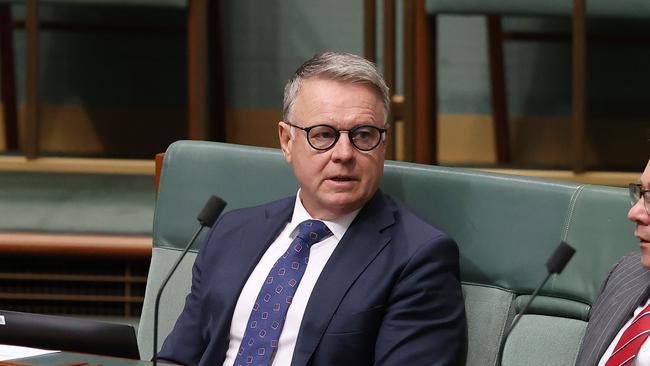
But if you ask Anthony Albanese, who marks two dismal years as Labor leader this week, there is nothing to worry about. Albanese often tells colleagues he will lead the party to victory. Yet the polls have Labor’s primary vote stuck in the mid to low 30s. He has done nothing to lift the party’s support.
The Upper Hunter by-election saw Labor’s primary vote sink to 21 per cent, down from 28 per cent two years ago. In the 1980s, Labor’s vote in the Upper Hunter reached into the 40s. In the 90s and 2000s, it was consistently in the 30s. The result confirmed Labor’s long-term vote decline.
Still, Labor needed only a 2.5 per cent two-party swing to win Upper Hunter. By-elections favour oppositions. The Berejiklian government, while lauded for its handling of Covid-19, has been plagued with scandals. Jodi McKay, the NSW Labor leader, said it was a terrible result. So did federal Labor MPs Joel Fitzgibbon and Meryl Swanson. But Albanese tried to spin that losing the seat was not a bad result.
More broadly, the by-election confirmed that Labor is losing votes in rural and regional Australia at a rapid rate. Comparing the Labor vote in 2007 with 2019 reveals this startling decline.
In Queensland, Labor’s vote in Capricornia collapsed from 55 per cent to 23 per cent. Its vote in Dawson fell from 48 per cent to 20 per cent. In Flynn, it fell from 44 per cent to 28 per cent. In Leichhardt it is down from 43 per cent to 28 per cent. In Longman, it has dropped from 47 per cent to 34 per cent.
In NSW, the picture is equally bleak. In Hunter, Labor’s vote has gone from 59 per cent to 37 per cent. In Throsby (now Whitlam), it fell from 64 per cent to 48 per cent. In Shortland, the vote dropped from 56 per cent to 41 per cent. In Page, it went from 41 per cent to 26 per cent.
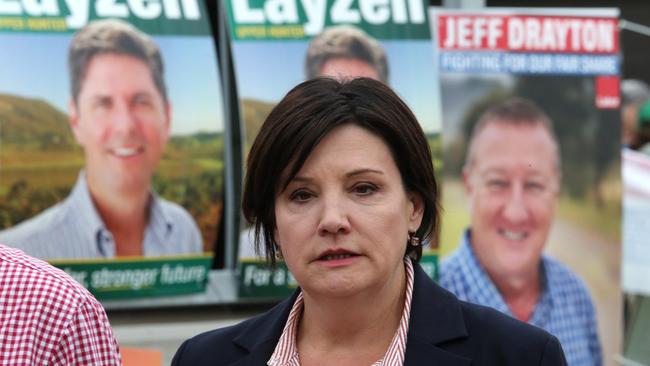
Labor cannot win government without winning at least eight seats in suburban, regional and rural Australia. Key battlegrounds are seats such as Bass and Braddon (Tasmania); Dickson, Leichhardt and Longman (Queensland); and Lindsay, Reid and Robertson (NSW). But the party will have to look more broadly for seat gains.
The problem is that Labor has been engulfed in an identity crisis for a decade. It lacks an animating purpose and a compelling policy vision that provides for social mobility and economic security. It remains unsure of who it represents or how to unite country and city voters. It is bleeding aspirational working and middle-class support.
Fitzgibbon, who represents Hunter, north of Sydney, told Inquirer he has not decided whether to run again in the seat he has held since 1996. But he confirmed he will not run, as some have speculated, as an independent. Fitzgibbon wants Labor to rebuild support and regain government.
“There is a perception among working people in the Hunter Valley that the Labor Party no longer represents them (and) now puts Green obsessions ahead of their financial security and the security of their families,” Fitzgibbon said. “They no longer believe Labor is on their side.”
It is not a trend only evident in the Hunter region but around Australia, Fitzgibbon argues.
“All the seats we had to win the regions to secure government last time (in 2019), seats that were on 1, 2, 3 or 4 per cent, are now typically on 9, 10, 11 or 12 per cent,” he said.
“I remain of the view that you cannot win government without the requisite number of additional regional seats and those seats we need are typically on double-digit margins. So, we have got a big task ahead of us and we won’t secure them unless we work very hard between now and the election.”
Former ACTU president Jennie George held the regional seat of Throsby, south of Sydney, from 2001 to 2010. George told Inquirer the party leadership must listen to its regional MPs to have any chance of regaining government.
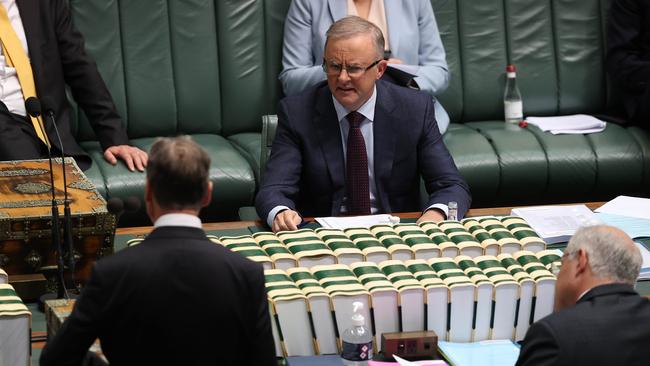
“The dwindling number of rural and regional seats held by Labor results in a party increasingly out of touch with the culture and economic challenges in areas outside the suburbs of major cities,” she said. “These are often seats like those in the Illawarra and Hunter, underpinned by heavy industry and mining, where the base of Labor supporters have lived and worked for generations.”
George said Labor should support the $600 million gas-fired power plant at Kurri Kurri because it will help safeguard the jobs of Labor’s traditional blue-collar constituency who fear they might otherwise be lost offshore.
“There is a growing disconnect in regional seats between blue-collar workers and the ALP,” George said. “They worry about the loss of employment options which have sustained their communities and regions, often for many generations. They worry that the party formed to represent their interests at the political level is failing to heed their concerns.”
If Fitzgibbon does not recontest Hunter, Labor will probably lose the seat. Pat Conroy, in the adjoining seat of Shortland, has slammed Fitzgibbon. It shows characteristic poor judgment. Fitzgibbon, whose constituents know he is battling for them, may be the only Labor MP left in the Hunter region after the next election.
“The constituents rightly expect that you be on their side advocating on their behalf,” George says. “The more that elected members like Joel are ostracised and asked to ‘toe the line’ on policies that are against the interests of their constituents, the more these seats are placed at risk.”
It is a message Albanese does not want to hear but must heed.


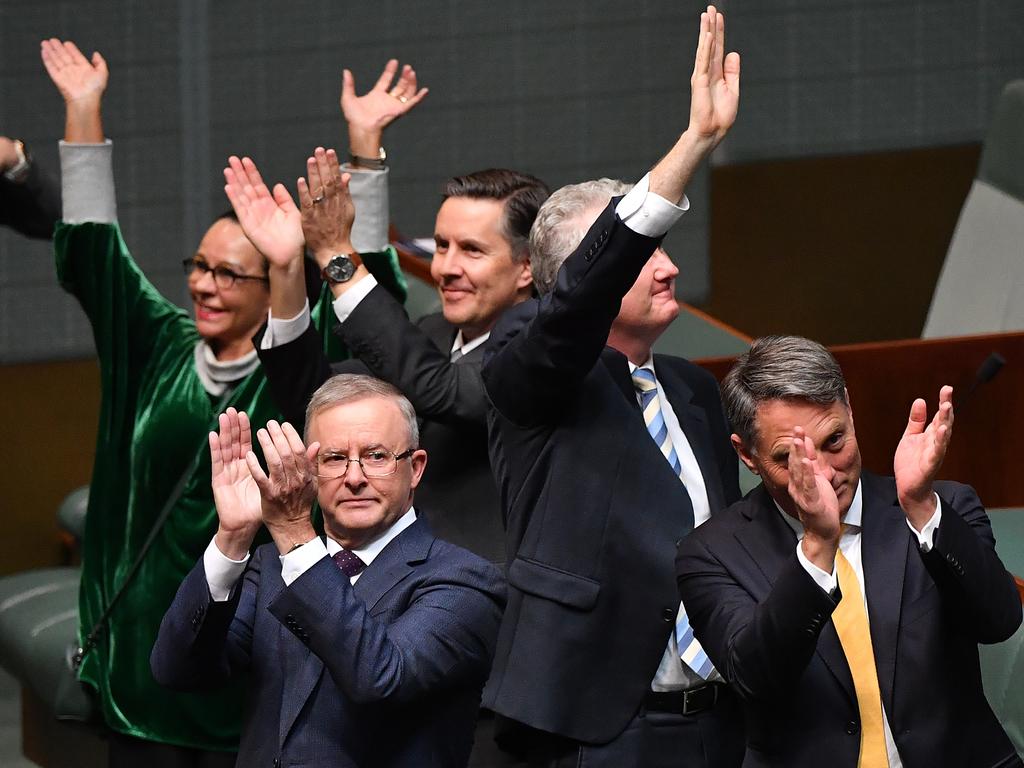
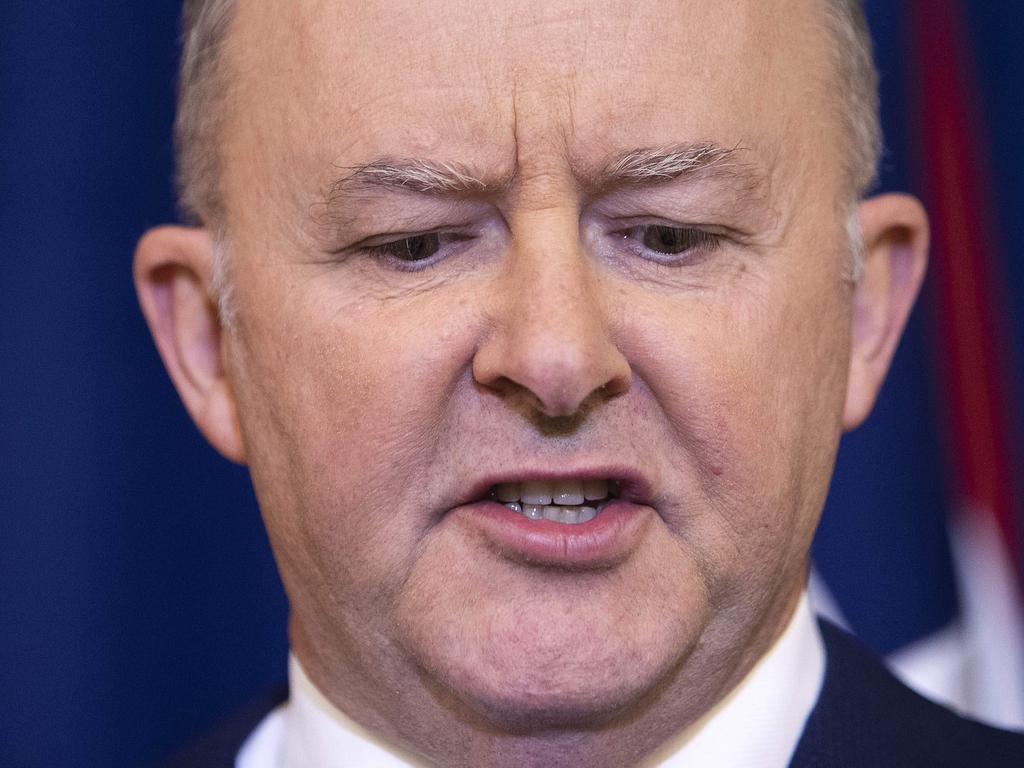
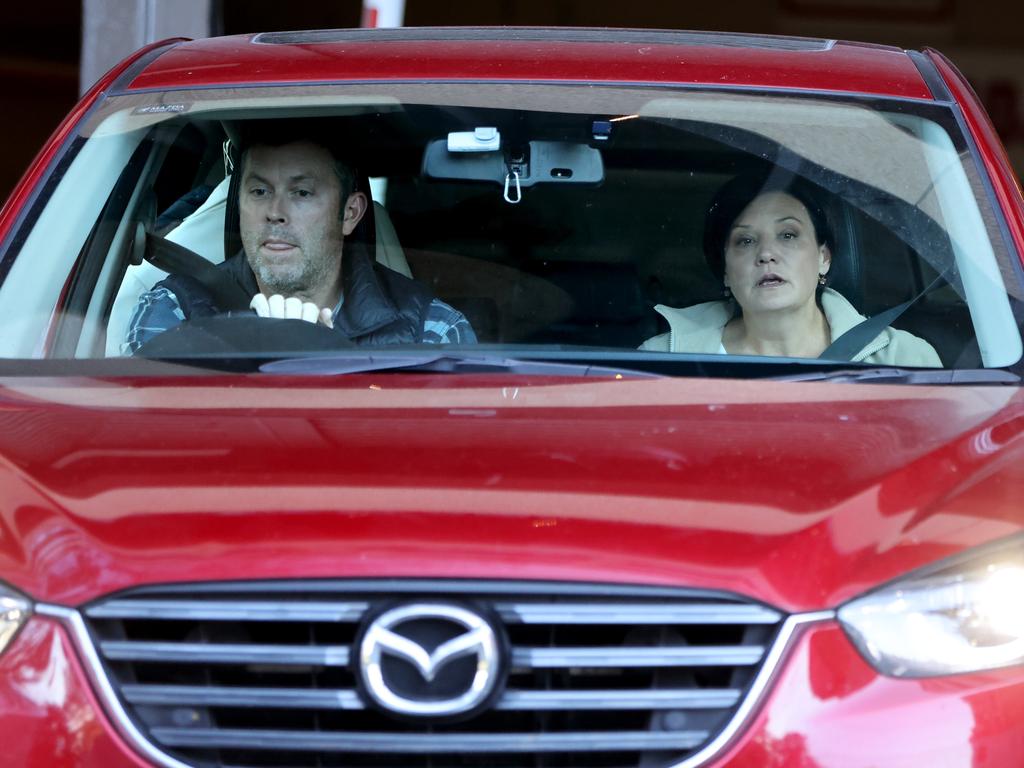


The long-term decline in federal Labor’s vote should ring alarm bells. In the past 20 years, Labor has managed to win 40 per cent of the vote just once, in 2007, which was also the last time the party won a majority of seats. In the past three elections, it achieved a miserable 33-34 per cent of the vote.